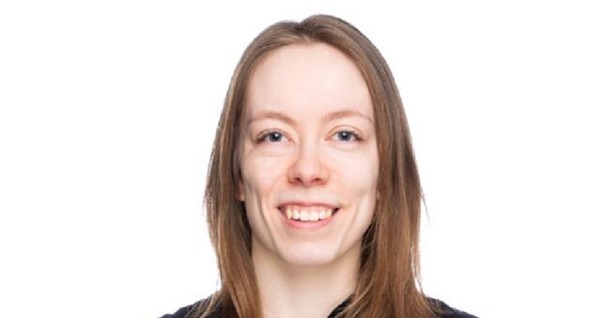Anni Heinonen recently completed her Master’s thesis in Information Networks at Aalto University. Her thesis is part of the Diagnostics for rare diseases project within the CleverHealth Network (CHN). The aim of her study was to calculate the potential cost savings of using an algorithm to spot patients with vasculitis and expedite their diagnosis.
Rare diseases can be difficult to diagnose, leading to lengthy and expensive diagnostic processes and delays in treatment. This can be particularly unpleasant for patients who may need to visit multiple specialists and endure their symptoms for an extended period. Vasculitides, a group of rare diseases characterized by inflammation of the blood vessel walls, are often curable but also challenging to diagnose. They are often not diagnosed until the patient is already in the hospital for organ failure.
In her study, Anni summed all the costs occurring during the last three months before the diagnosis. The study also examined the factors that affect diagnostic costs using regression analysis and analyzed the average diagnostic path of a vasculitis patient. The data used in the study was collected from the extensive HUS data lake. The data wasrelated to the costs, patients and diagnosis adhering to 2306 patients diagnosed with vasculitis at HUS. Finally, the study discussed suggestions for using the algorithm based on interviews with an expert.
The study found that, on average, diagnosing patients three months earlier could have saved 1,308,243€/year or 7375€/patient. Men were, on average, 26% more expensive to diagnose than women, and diagnostic costs increased exponentially with age. Different diagnoses also greatly impacted costs. The average diagnostic path for a vasculitis patient included 10 contacts with healthcare professionals, including calls, visits, and referrals to different departments.
Anni Heinonen concludes: “My study suggests that the use of the algorithm could result in significant cost savings by expediting the diagnosis of vasculitis and reducing the number of patient contacts. Earlier diagnosis could also improve the quality of life for patients by allowing treatment to begin sooner and potentially preventing organ failures and other severe complications.”
As for life after graduation, Anni continues her passion for scuba diving and videogames in her free timebut is also working at Innofactor as Junior Full Stack Developer, focusing on software development projects. Coincidentally, Innofactor is also one of the partners within the CleverHealth Network ecosystem.
Head Physician of Research Mikko Seppänen from HUS and its Rare Diseases Centre is leading the CHN project related to rare diseases. He sums up: “The results favour AI-assisted decision aids’ potential, feasibility, cost effectiveness and usefulness in expedited diagnoses of treatable, difficult to diagnose diseases. This is beneficial to all – patients, healthcare, and community at large.”

